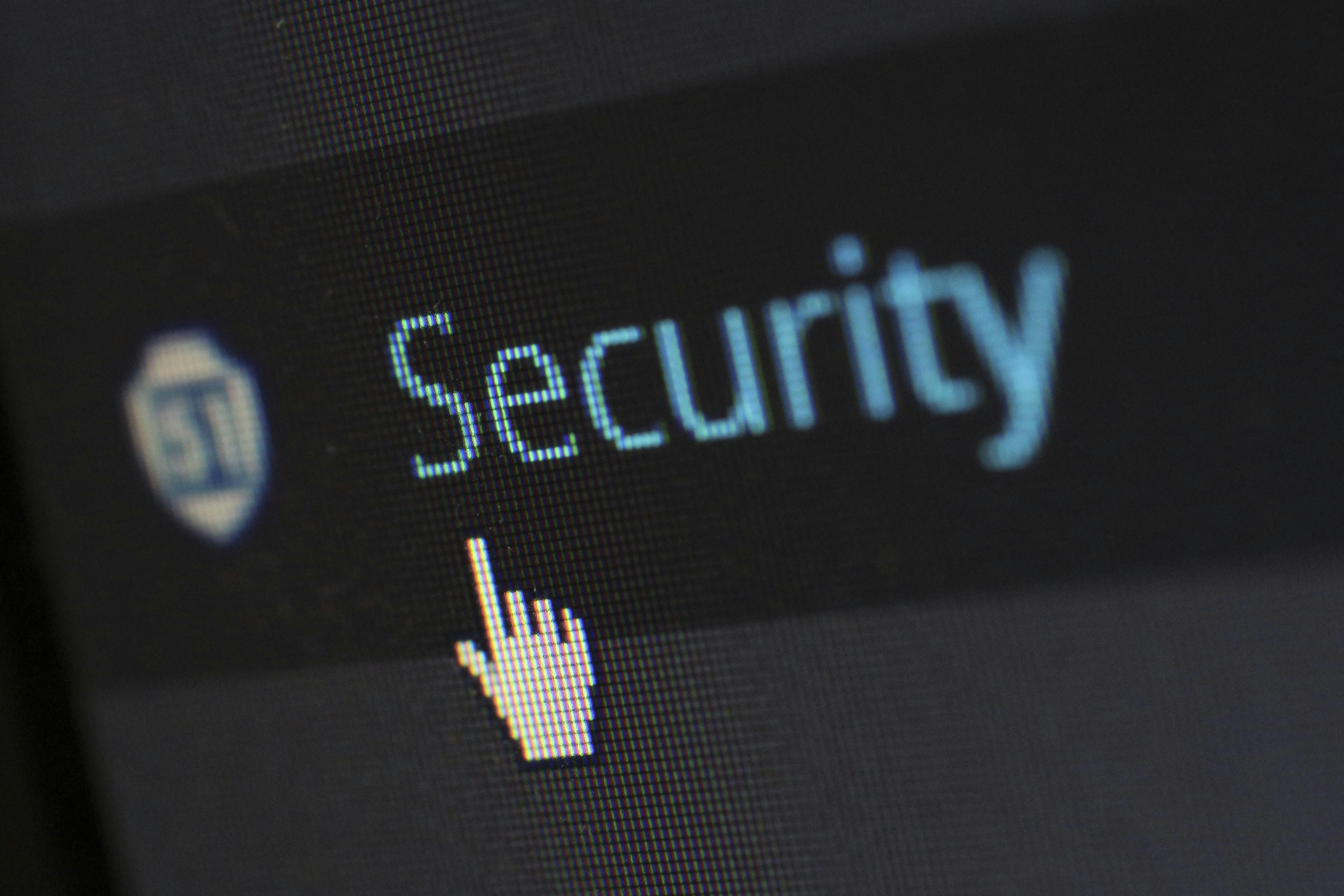Simple Ways to Protect Your Computer
 In recent years, the number of data breaches and cases of identity theft have continued to increase. It seems that the hackers are always one step ahead. This is why all computer users must protect their personal and private information the best ways they can by utilizing advanced threat protection . Here are a few things you can do to protect your computer at home.
In recent years, the number of data breaches and cases of identity theft have continued to increase. It seems that the hackers are always one step ahead. This is why all computer users must protect their personal and private information the best ways they can by utilizing advanced threat protection . Here are a few things you can do to protect your computer at home.
Antivirus
Install a good antivirus program. These types of programs scan for all types of harmful threats. You should keep your antivirus software up and running in the background the entire time you are using your computer in order to track incoming threats. There are a number of different antivirus software programs available to choose from so find one that works best for you.
Malware
Although most Antivirus programs scan for malware, they can miss things. It is best to run a separate malware program on a routine basis to catch what might have slipped through. You can find free separate malware scanners online and use them on a weekly basis to rid your computer of any additional threats.
Firewall
All Windows PCs come with Firewall protection and you are advised to use it. The built in Firewall protection helps to guard against accessing Websites on the Internet that are known to be harmful to computers. They also help to block pop ups so you can avoid clicking on links that may download viruses to your PC. Make sure your Firewall is active by visiting the Control Panel from your Windows menu and turn the Firewall to the on position.
Auto Update
Another way to protect your computer is to make sure that you always have the current updates installed. So that you don't have to search to find out if there are current updates, simply ensure the settings on your PC are set to auto update every time there are new updates available. You can do this by searching Windows updates in your Windows search and then selecting settings and then choose to "Install updates automatically" from the drop down menu.
Accounts
Experts on computer protection advise all users use two accounts, even if they are the only person using their computer. You should have one account listed as an "administrator" and one account as a "user." Use your administrator account to do all your private work such as bills, banking, etc. and use your other account to play games, leisurely surf the net, etc. This is another good way to protect thieves from breaking into your computer and stealing your personal information.
Encryption
Encryption is a useful tool against hackers. It provides your information one more layer of protection that a hacker must get through before retrieving your personal information. As a computer user, you should make sure to encrypt any personal files that your store on your computer so that only you can access them when they are needed.
Passwords
Finally, experts advise to never use the same password more than once. Every site you log into using a password should have a different one. For many people, this means having a great number of passwords they must remember. However, you can also download software that will record and store all your password information which you can then encrypt and save on your computer. Furthermore, you should always make your password strong and long and something no one would ever think of.
These are just some of the steps you can take to ensure your computer and personal information does not end up in the wrong hands. Identity theft is a problem and it will not stop until everyone takes the necessary steps to do what they can to protect themselves. Use these tips and it will make your trips to the Internet a safe experience.